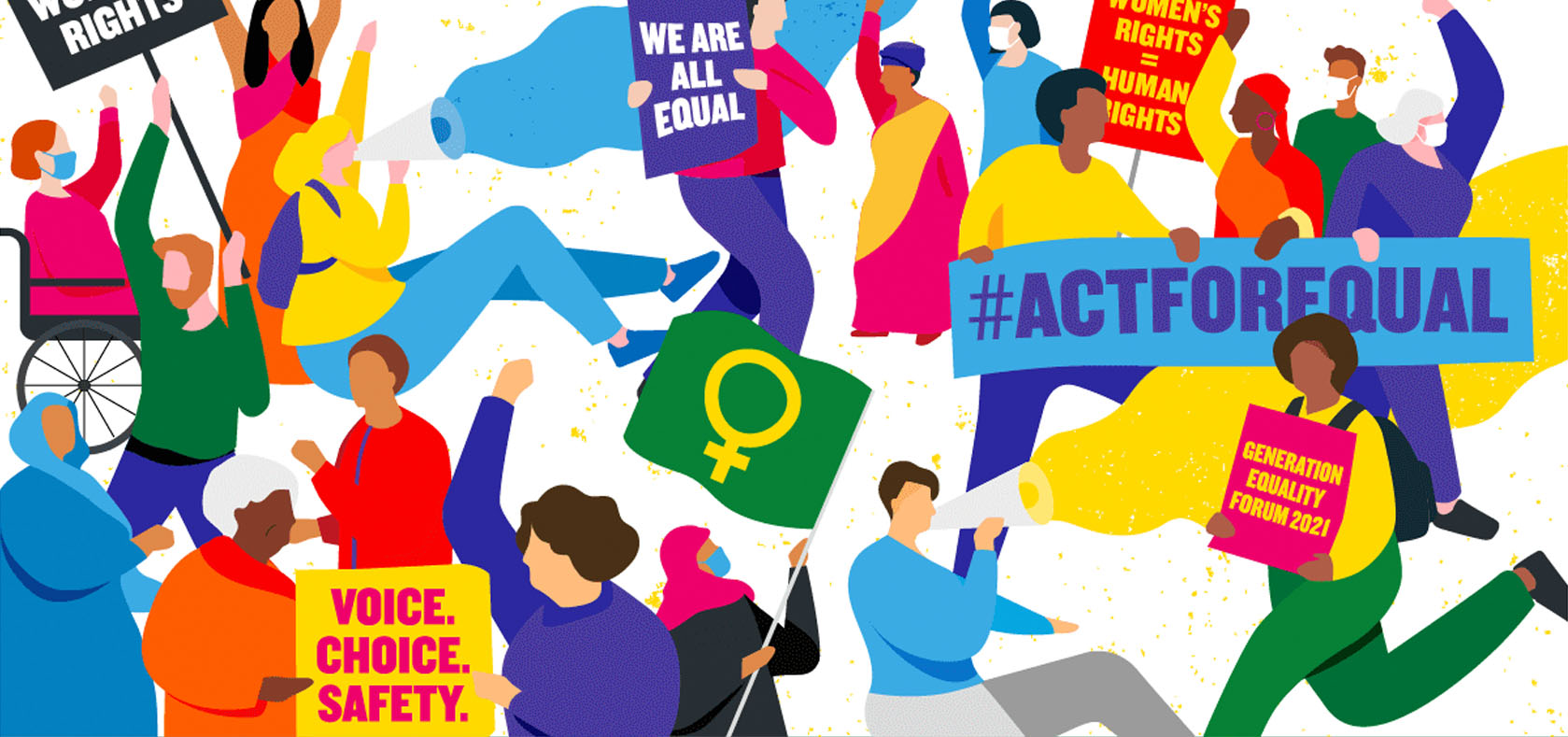[OP-ED] The ‘original pandemic’ of violence against women continues unabated
Date:
Author: Gwyn Lewis, Kristine Blokhus, Gitanjali Singh

Almost every morning, as we open the newspaper, we are met with deeply disturbing stories of sexual violence committed against Bangladeshi women. This week, a report issued by Bangladesh Mahila Parishad outlines the brutal reality: almost 300 women reported different types of abuse just in the last six months. Some 77 women, the majority of them under the age of 18, reported rape. Murder, suicide, trafficking, and acid attacks are all mentioned as part of the horrific violence that is detailed. Sadly, violence against women is far too common, and the impunity of the perpetrators all too often continues.
The data on violence against women clearly tells us that those women who report their experiences to the police are in the minority. The vast majority suffers in silence. As such, we must assume that horrific as these figures are, they are just the tip of the iceberg. With COVID 19 restrictions we have witnessed a resurgence in violence against women/girls. This includes a dramatic increase in online abuse and harassment.
Prime Minister Sheikh Hasina has clearly outlined her commitment to eliminating this scourge of violence against the women of Bangladesh. Nothing hurts her more, she has said, than violence against women. Her government has enacted several strong policies and action plans to promote gender equality and address violence against women, including the Domestic Violence Protection and Preservation Act 2010, National Women Development Policy 2011, Prevention and Suppression of Human Trafficking Act 2012 and the Child Marriage Prevention Act 2017, which clearly demonstrate the will to make changes. As the Honourable Prime Minister herself has expressed, however, laws and policies are not sufficient. It is essential to change the mindset of men, and of the society as a whole. Indeed, despite policies and laws, women continue to be terrorised by violence, and by fear of violence.
The United Nations also believes that real change requires a whole-of-society approach. Bangladesh is blessed with a strong and vibrant women's movement and an opportunity for a demographic dividend. Both will be instrumental in harnessing the power of communities to bring about real change. Young people can help to break the cycle of intergenerational discriminatory socialisation patterns.
It is imperative to break the silence and defeat the stigma which surrounds the issue of sexual violence. Genuine reflection about power imbalances, harmful gender norms and practices, and the negative impact of all of the oppression on women is needed. Awareness raising and education of boys and girls is also essential. Legal and policy frameworks and accountability need further strengthening in order to address structural and underlying causes and risk factors aimed to prevent violence against women and girls. As part of the response, strengthening multisectoral services, programmes, and responses to violence against women and girls and increasing the amount of available data will help to ensure that core issues are being addressed.
The United Nations in Bangladesh lists ending violence against women and promoting women's empowerment among its primary objectives. The UN agencies stand ready to continue to support the Government of Bangladesh, the civil society organisations, and society as a whole on their path to bring an end to the culture of violence which oppresses one half of the population.
Everyone has a role to play – no one can remain a bystander.
This OP-ED was originally published on The Daily Star. Dated: Mon Jul 11, 2022 12:31 PM
About the authors
Gwyn Lewis is the UN Resident Coordinator in Bangladesh;
Kristine Blokhus is Country Representative, UNFPA Bangladesh; and
Gitanjali Singh is Country Representative, UN Women Bangladesh.